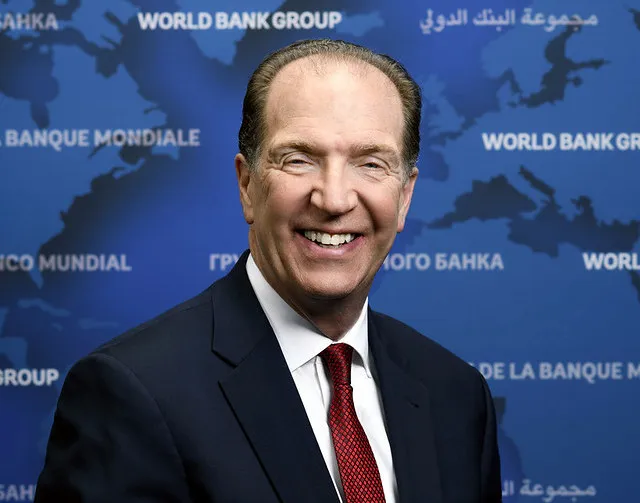There are no products in your shopping cart.
| 0 Items | £0.00 |


WORLD Bank officials have urged the Nigerian government to rethink its fuel subsidy regime as the policy is not only bleeding the treasury dry but also has the counter-productive effect of assisting the rich rather than the poor who it was designed to help.
Last week, Nigeria's senate approved a sum of N4trn ($9.62bn) to be spent on petrol subsidies in 2022, following two separate requests for approval by President Muhammadu Buhari to the National Assembly. However, this subsidy is very unpopular with Nigerians and as recently as last week, petroleum resources minister Timipre Sylva, described it as a criminal enterprise.
Adding his voice to the calls for the subsidy to be scrapped, World Bank Group president David Malpass, said resources being expended on the subsidy could be channelled to other sectors of the economy to accelerate growth. Speaking at the ongoing World Bank/International Monetary Fund Spring Meetings in Washington DC, Mr Malpass explained that generalised subsidies have significant negatives effects on any system and the ripple effect isn’t healthy for the economy.
Mr Malpass added: “One is that they are expensive because they go to everyone and they are often used by people with upper incomes than by people with lower incomes so they are not targeted. So, we encourage that when there is need for subsidy, either food or for fuel, that it should be carefully targeted at those most in need of it, so we have encouraged Nigeria to rethink its subsidy effort.”
Mr Sylva, who lamented the controversies surrounding the amount of petrol that the nation consumes daily, said the subsidy policy encourages criminal activities like smuggling which in turn impact negatively on the nation’s oil resources. Aside from an opaque subsidy regime, Nigeria operates multiple exchange rates, which analysts have blamed for the nation’s investment challenges and weak currency.